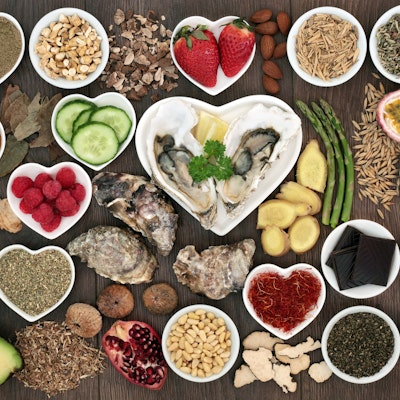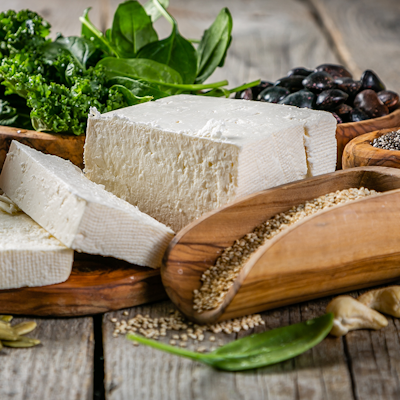Heather Mills on the Future of Veganism
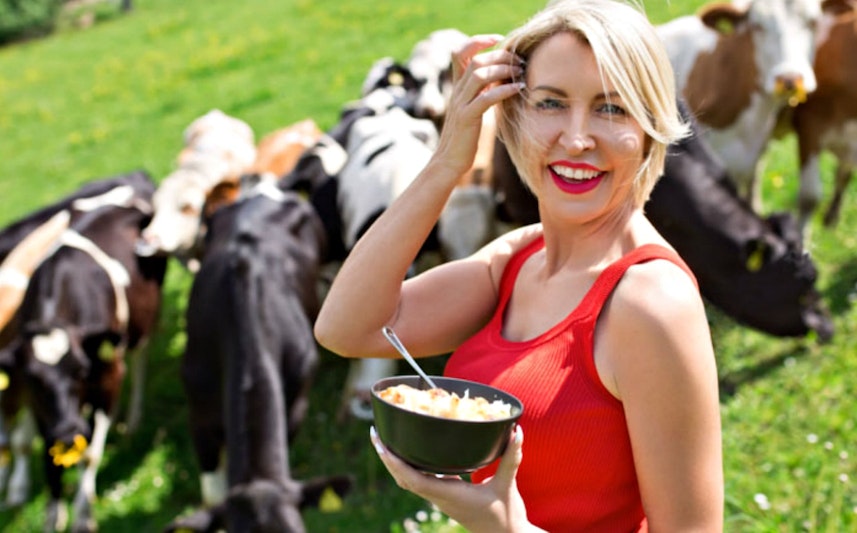
Celebrity followers, glowing headlines, new restaurants popping up every week – there’s never been a better time to be a vegan.
But back when Heather Mills’ plant-based food company VBites started in 1993, followers of the diet were a much-maligned minority struggling to find anyone to cater to their needs, with celebrated activist and vegan Mills facing decades of scepticism. “When I started scaling up the business a couple of years ago it was a huge risk” she explains. “Everybody told me I was nuts.”
Fast-forward to 2019, and Applewood’s vegan cheese (created by VBites) sold out in some Asdas the same day it hit the shelves*. So with World Vegan Month now underway, we spoke to Mills about how the industry can get even bigger…
Vegan manufacturers need to help farmers adapt
A criticism faced by British vegan products is their reliance on ingredients like soy, which is shipped in from overseas and carries a large carbon footprint. Switching focus to crops that can be grown domestically, as VBites are doing, not only reduces the environmental cost, but has the benefit of increased business opportunities for local farmers. Mills explains “We’re really focusing on oats, mushroom proteins and algae that we can grow in the Northeast and help the farmers here switch from meat and dairy to plant-based produce.”
But what’s imperative is that vegan manufacturers are hands-on in helping them do so. “They’re used to manufacturing meat and dairy. They’re still learning about how to produce good quality vegan products and that’s where we can provide advice and education.”
Cross-contamination must be solved
“The weak areas in vegan data are the traceability of where the product has come from, and how it was made – in what kind of facility” says Mills. New legislation around labelling the origin of primary ingredients (in addition to the country of production) will help with the former, but the latter remains a huge challenge. Mills points out that “the problem is too many vegan companies are based in mixed facilities, where the risk of cross-contamination is big – where you can’t guarantee that a machine was cleaned down properly. These companies are trying to do their best, but they had to go to a mixed facility because they had nowhere else to go to scale up.” So what are the answers? Well Mills has invested in a 385,000 square foot site, named Plant-Based Valley, which will incubate vegan start-ups. Here at Erudus we’re in the process of expanding our cross-contamination training module to include manufacturers.
Embrace Algae, the Vegan hero
“The future [of veganism] is 100% algae” says Mills, who is preparing to grow it on site at Plant-Based Valley. In addition to the benefits of local procurement, algae as a protein is one of the most environmentally friendly options out there. She explains “If the world was an A4 page, algae’s pressure on climate change would be a pin prick.” One of VBites’ most innovative products is their traditional Omega-3 alternative Vmega-3 Algal Oil, which utilises the fact that Omega oil does not actually come from fish themselves but from the algae they eat. “The supplements we do are going to help save the planet.”
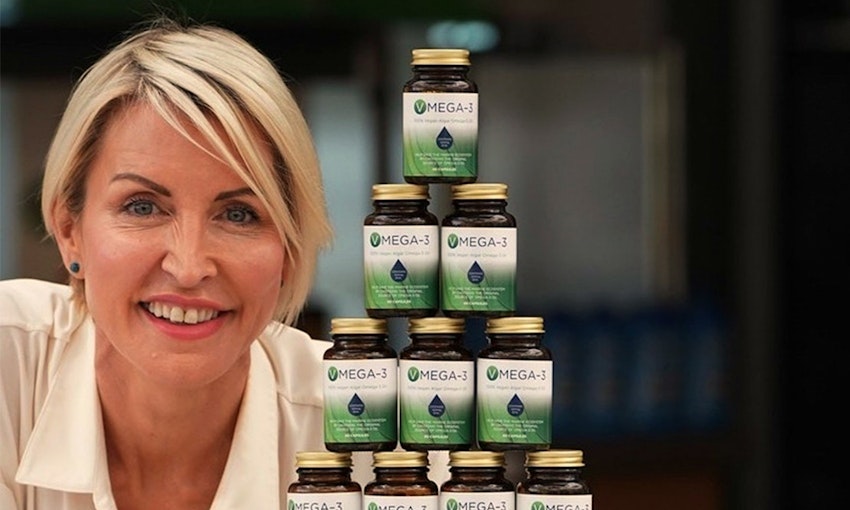
Capturing the flexitarian market is key
The big new sector in the vegan market is flexitarians. According to Mills, some 80% of the people eating in the VBites cafe are flexitarians – the plant-based industry’s challenge is to convince this group to swap to full-time veganism. She believes there are 2 simple and effective ways to do this. “For me, the most important things are that the food tastes good and that everyone can afford to eat our products. We want to make sure vegan food is [price] competitive with the meat and cheese industries, so people can afford to make that conversion.”
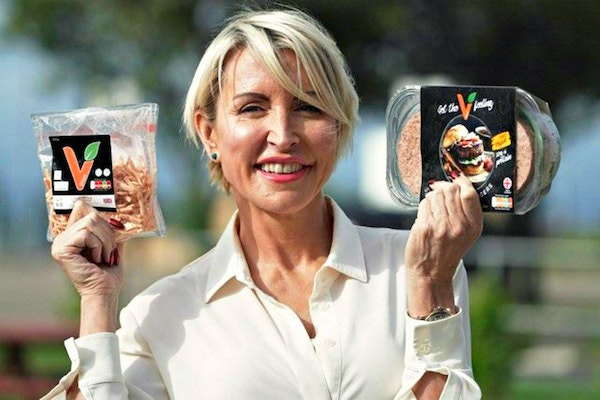
Be as transparent as possible about ingredients
‘Vegans, alongside people who have allergens and people who are invested against climate change, do tend to be vigilant [about what’s in their food]” Mills points out. All of these groups are growing in social visibility, which likely means increased focus on the UK’s already strict labelling laws. Mills adds “I believe there’s going to be more legislation around vegan foods within the next 18-24 months.” Making right now a great time to get a head start on labelling solutions.
Find solutions, not complaints
Ultimately, Mills thinks that taking veganism mainstream is about providing answers, not questions. She says, “I started out as the idealistic [vegan] campaigner, but when I got involved in the business side of things, the reality of idealism hit. Now I think when anyone complains or criticises something, they’ve got to come up with the solutions to the pitfalls that are there. That’s how you make a difference.”
*Applewood Vegan Cheese (created with VBites) sold out in 40% of the Asda stores stocking it within a day of release.

